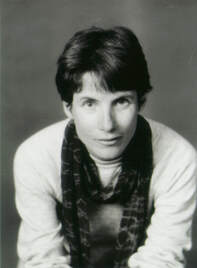 Me around 1988, 36 and just out.
Me around 1988, 36 and just out. 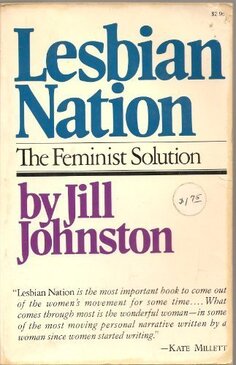
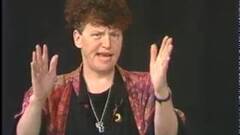 Sandra Shotlander
Sandra Shotlander And what lesbians! Phyllis Jane Rose, Sandra Shotlander, and Eva Johnson were just a few who made a tremendous impression on me.
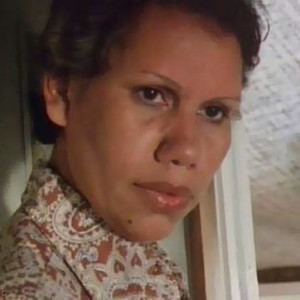 Eva Knowles Johnson
Eva Knowles Johnson 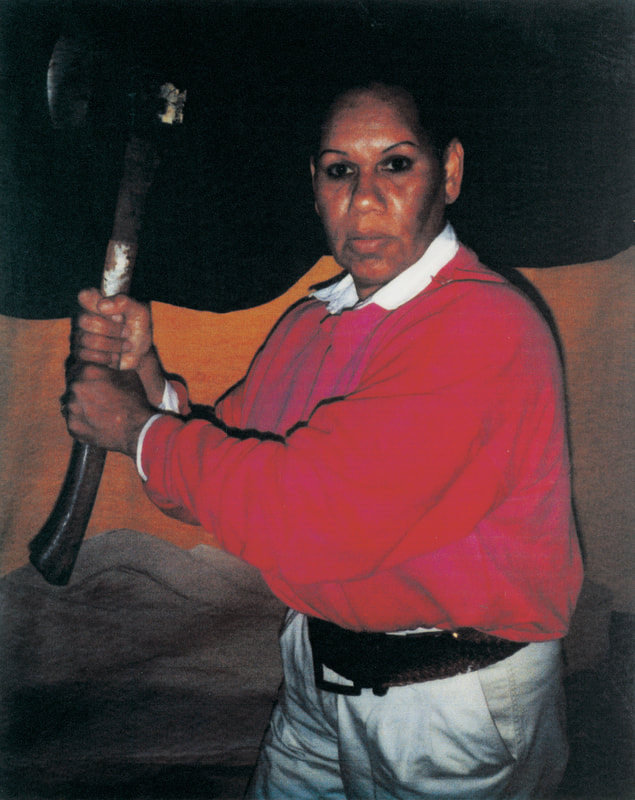 Portrait – Eva Johnson, writer 1994 / Queensland Art Gallery | Gallery of Modern Art / © Destiny Deacon/Copyright Agency 2019
Portrait – Eva Johnson, writer 1994 / Queensland Art Gallery | Gallery of Modern Art / © Destiny Deacon/Copyright Agency 2019 
Eva Johnson’s work reflects her identity as part of the “Stolen Generation,” and it also addresses cultural identity, Aboriginal Australian women’s rights, land rights, slavery, sexism and homophobia. She lit up the conference with her joy and her exuberance, which were inextricably connected to her awareness of her history. She is a living embodiment of Alice Walker’s affirmation, “Resistance is the secret of joy.”
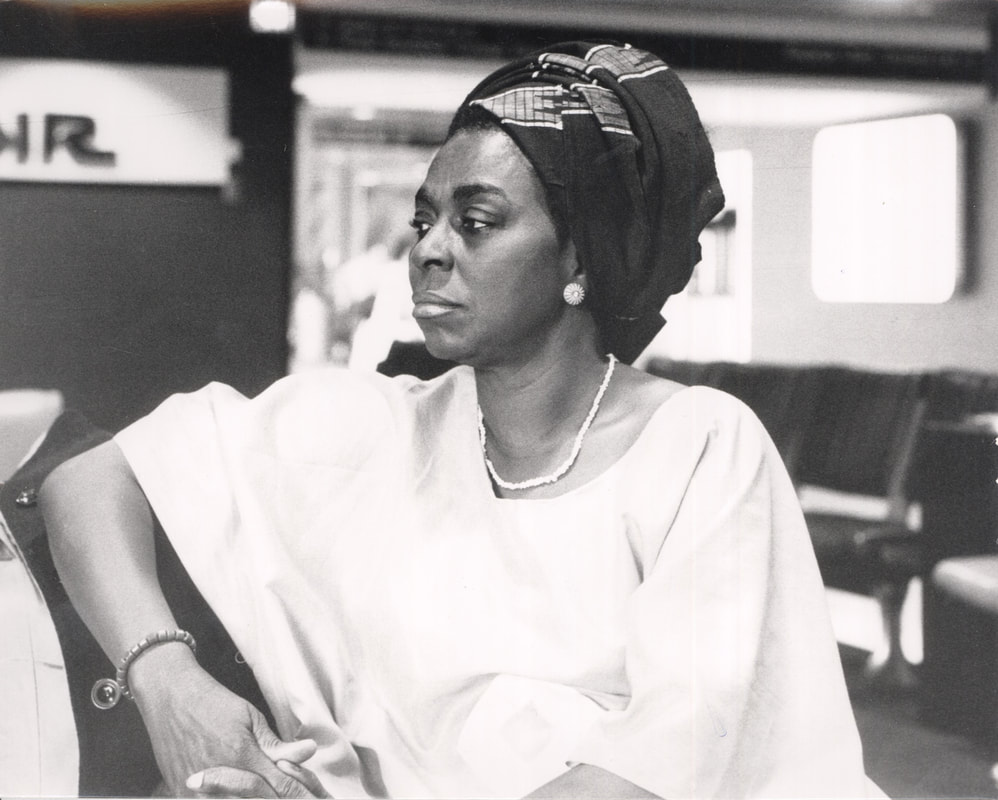 Zulu Sofola
Zulu Sofola 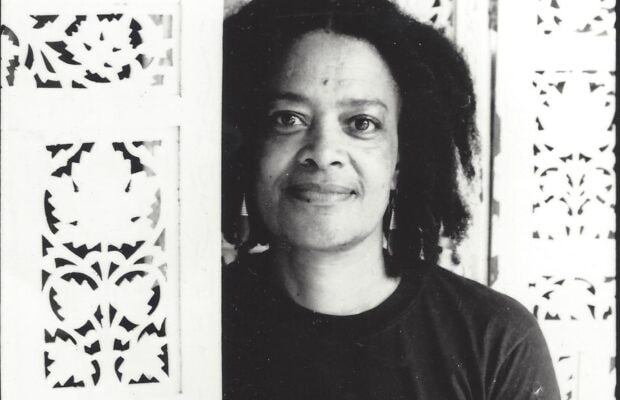 Toni Cade Bambara
Toni Cade Bambara 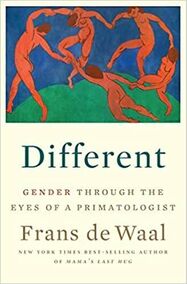
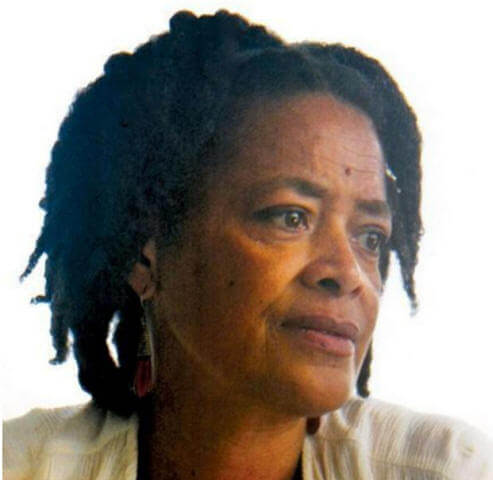
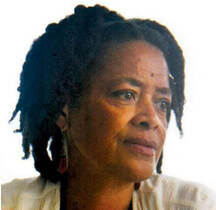
…when I look back on the body of book reviews I’ve produced in the past fifteen years, for all their socioideolitero brilliant somethingorother, the underlying standard always seemed to be—Does this author here genuinely love his/her community?
She walked her talk, and I feel very grateful to have had the opportunity to meet her and hear her in person. And I appreciate the opportunity to revisit my memories from this conference now as an old woman, and to be able to see so clearly how the influence from these remarkable women was taken up in my bones and how my desire to emulate them laid the foundation for my lifework.
If you want to read more...
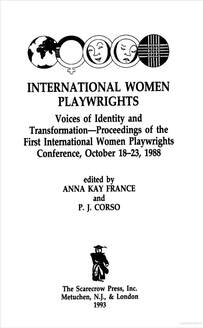
International Women Playwrights: Voices of Identity and Transformation- Proceedings of The First International Women Playwrights Conference, October 18-23, 1988
by Anna Kay France (Editor), P.J. Corso (Editor)
Records held by former University Professor at Buffalo, Anna Kay France, as related to her involvement in the 1st International Women Playwrights Conference(IWPC) held at the University at Buffalo, October 14-23, 1988. Includes correspondence with national and international playwrights, session transcripts, and papers from the International Center for Women Playwrights.
https://findingaids.lib.buffalo.edu/repositories/2/resources/737
https://dspace.flinders.edu.au/xmlui/handle/2328/7978
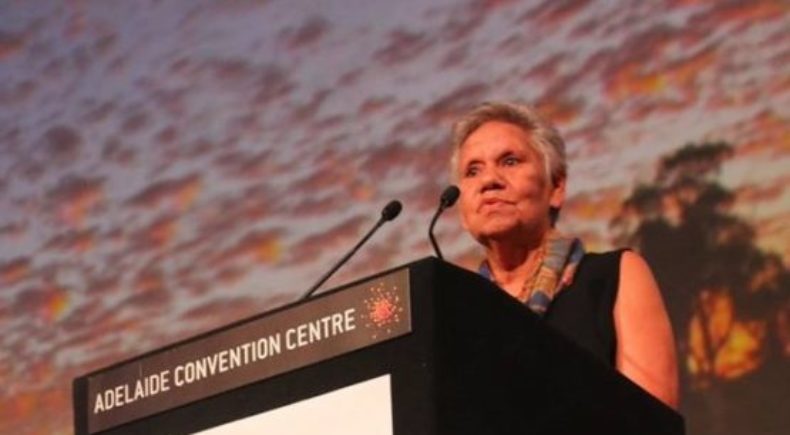
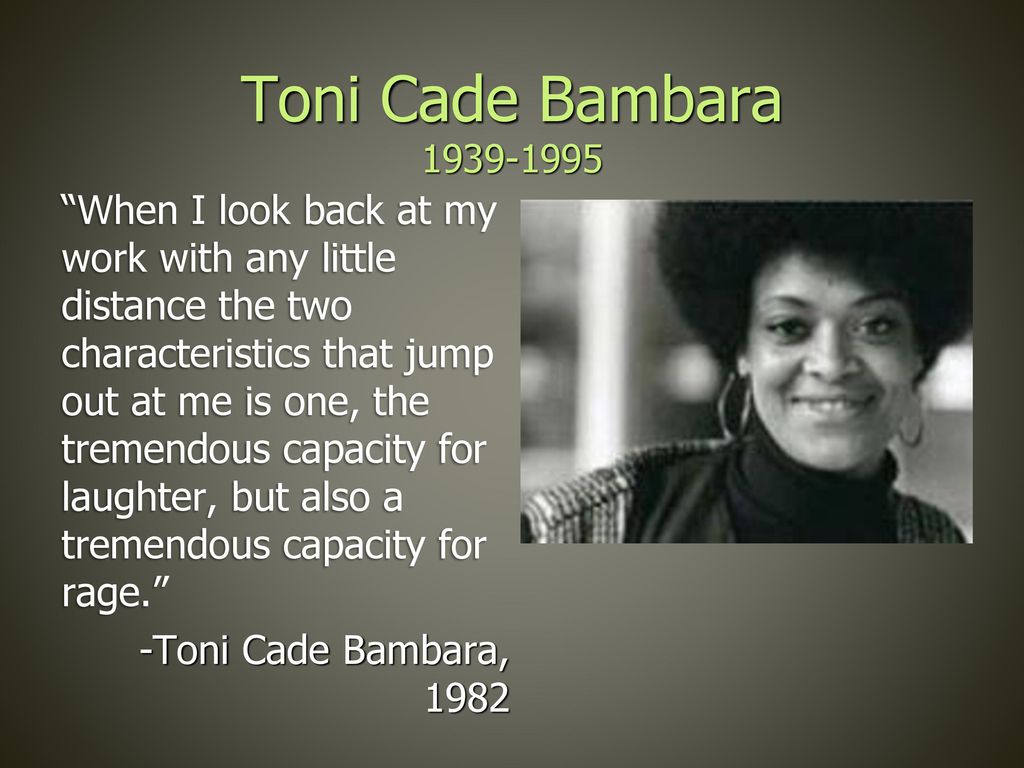

 RSS Feed
RSS Feed
